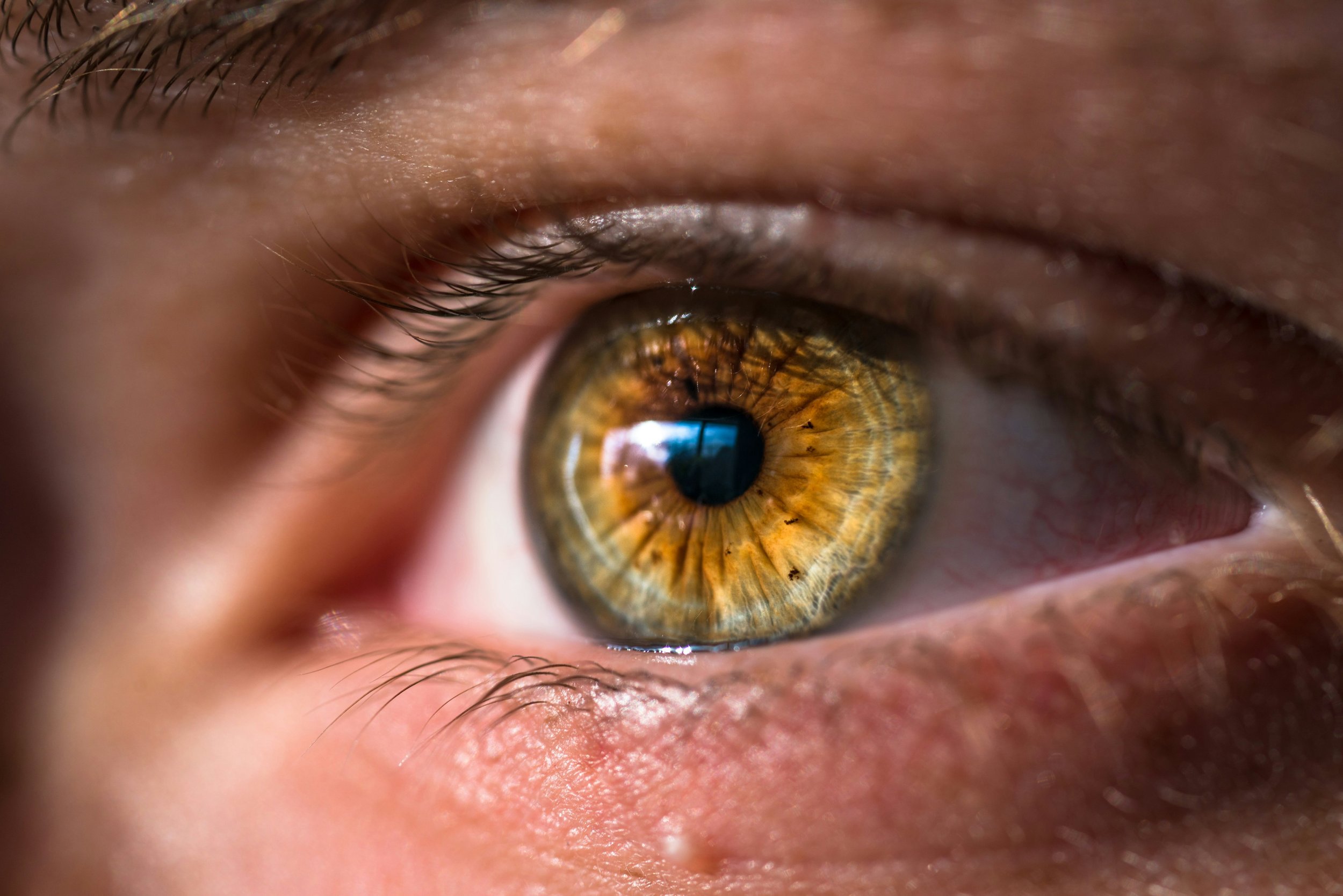
Educational Videos
-

Cataract Facts
What are the causes and symptoms of cataracts? While most people will develop a cataract at some point in their life, Dr. Mostafavi advises patients to delay surgery until it starts impacting daily activities, such as driving or reading. With advancements in intraocular lens technology, there’s no rush—time is on your side.

How the Eye Works
A quick introduction to how the eye works: Think of the eye like a camera. The front of the eye, including the cornea and lens, functions like the camera lens. The retina, or the inner lining of the eye, is comparable to the film in the camera. The optic nerve acts like the cable that transmits the images from the camera to the computer (the brain).

Age-Related Macular Degeneration (AMD). Types, Causes, Symptoms, and Treatments
There are different types and stages of macular degeneration. Unfortunately, many patients are fearful when they hear these terms, but there's no need to be. This provides a helpful overview of this complex and often misunderstood condition.

How to Say Bye to Dry Eye
There are many causes of dry eyes, and not all can be treated with over-the-counter artificial tears. The first step is figuring out the underlying cause(s) and then creating a treatment plan.

Floaters & Flashes & Retinal Detachment
This is a helpful overview of floaters and flashing lights. Floaters occur as we age because the jelly-like substance in our eye (the vitreous) becomes softer. Flashing lights happen when the vitreous starts to pull on the retina. In most cases, this pulling doesn’t cause any problems; however, sometimes it can lead to a retinal tear, which may progress to a retinal detachment. Both tears and detachments can be treated, but early detection is key to achieving the best possible outcome.

Phacoemulsification Cataract Surgery
This provides a helpful overview of cataract surgery.

What is Glaucoma
Glaucoma is a general term that can be confusing for many. Think of it like an overinflated basketball—over time, the elevated pressure damages the cable connecting the eye to the brain (the optic nerve). There are different types and causes of glaucoma, but most have no symptoms. Patients can slowly lose their peripheral vision without even realizing it. This is why routine eye exams are so important, especially as you age.

Optic Nerve Fibers
See above for a further description of the optic nerve and the damage glaucoma causes.

Are Styes Contagious and What Can I Do About It?
Styes are essentially blocked oil glands that can become both annoying and painful. Often, with patience and regular hot compresses, they will improve. However, sometimes oral antibiotics are needed to reduce inflammation. After the inflammatory period, styes can develop into chalazions, which may require surgical removal in the office.

Femtosecond Laser Assisted Cataract Surgery
There are different methods for performing cataract surgery. When patients hear the word 'laser,' they often assume it’s significantly better than non-laser assisted cataract surgery, but that’s not the case. Healing times are the same, and the surgery is actually longer when using the laser. However, the laser can be beneficial for the accuracy of toric lens alignment and for reducing astigmatism through limbal relaxing incisions (LRI).
